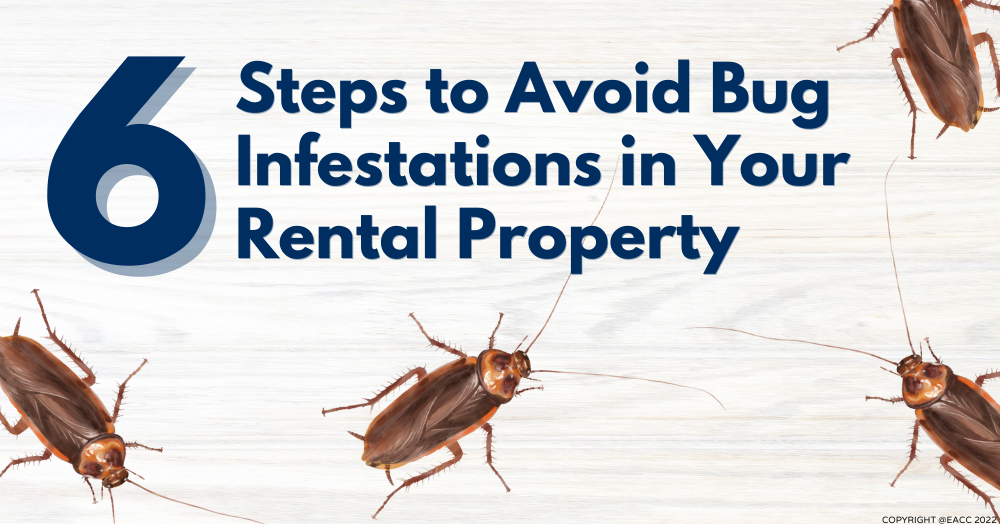If the idea of an insect infestation at your Harborne rental property makes your skin crawl, read on to find out how to beat the bugs this summer.
No landlord wants uninvited visitors in their buy-to-let – especially the six-legged variety that spread disease, bite, sting and cause property damage. With insects breeding prolifically in warm weather, here’s a list of the little critters to be on the lookout for in your rental property.
Flies: Common house flies reproduce in large numbers, so even if you only have a few buzzing around the place, this can change quickly. Flies contaminate surfaces with bacteria from their gut and feet and cause food poisoning and other illnesses.
Cockroaches: You may not see these nocturnal creatures during the day, but you might spot their droppings. Cockroaches often move from sewers and drain to properties (yuk!). They can spread nasty bacteria such as salmonella, staphylococcus and streptococcus.
Wasps: These flying pests make their nests using wood pulp – sourced by munching through plasterboard walls and ceilings – and saliva. They often nest under eaves, so a tenant might hear them before seeing them. In summer, an average wasps’ nest can house 5,000 adult wasps – who can sting when threatened. Best call a pro to get rid of these blighters.
Bed bugs: These reddish-brown, seed-sized critters are like tiny vampires – they feast on blood. Their bites can cause anything from minor irritation to a severe anaphylactic reaction. Common signs of bed bugs include blood spots or brown stains on bed linen or mattresses.
Who is responsible for infestations?
As with many issues relating to rental properties, the answer isn’t always straightforward.
If the infestation is linked to low standards of cleanliness or leaving food and bins uncovered, the tenant is responsible.
However, if the insects have made their way in through holes in walls, gaps around windows or uncapped pipes, then the landlord is responsible.
In some cases, both parties may have a role to play in addressing the situation. Always look for practical solutions and act swiftly because the pests will only keep reproducing.
How to avoid bug infestations
1) Have a good rapport with your tenant so that they’ll inform you if a pest problem arises.
2) Encourage tenants to store all food in the fridge or cupboards and wipe up crumbs. Regular vacuuming will help get rid of eggs and larvae.
3) Ensure all garbage bins have well-fitting lids and encourage your tenant to seal rubbish bags before disposing of them.
4) Block any holes or gaps in woodwork and around windows and doors. Check that drains and pipework don’t provide an entry route for insects.
5) Check second-hand furniture carefully before moving it into your property – it could be hosting bed bugs. You can also buy special mattress protectors that prevent bed bugs from proliferating.
6) During routine inspections, look for insect droppings, eggs or discarded shells.
And for more advice on managing a property, get in touch with us here at MECS.

